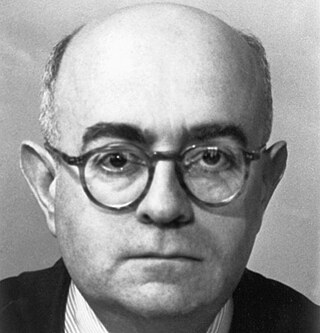Theodor W. Adorno

(born 11.09.1903 in Frankfurt am Main, died 06.08.1969 in Brig, Switzerland), philosopher, sociologist, composer
Theodor W. Adorno was born Theodor Ludwig Wiesengrund. He studied philosophy along with sociology, psychology and music theory in Frankfurt am Main. During this time he worked as a music critic for a magazine, and continued his music studies under composer Arnold Schönberg in Vienna. Together with his friend Max Horkheimer, Adorno is considered the founder of the Frankfurter Schule, a school of thought known as critical theory. During the time of the Nazi regime, Adorno emigrated to the USA, where he worked at the Institute of Social Research. In 1944 he collaborated with Max Horkheimer to write the work Dialektik der Aufklärung (Dialectic of Enlightenment), which was published after the end of the Second World War. On his return to Frankfurt am Main he became one of the directors of the re-opened Institute of Social Research, where he was a key influence on the intellectual and cultural climate in post-war Germany with speeches, written works and lectures. Adorno wrote numerous publications on a wide variety of themes within his specialist fields. He published his first book in 1933, which originated from the dissertation he wrote in 1931, Kierkegaard. Konstruktion des Ästhetischen. (Kierkegaard. The Construction of the Aesthetic.) His most important contribution to philosophy is considered to be the book Negative Dialektik (Negative Dialectics), published in 1966. Theodor W. Adorno received many awards, including the Arnold Schönberg Prize, the German Critics' Award for Literature and the Goethe Plaque of the City of Frankfurt am Main.